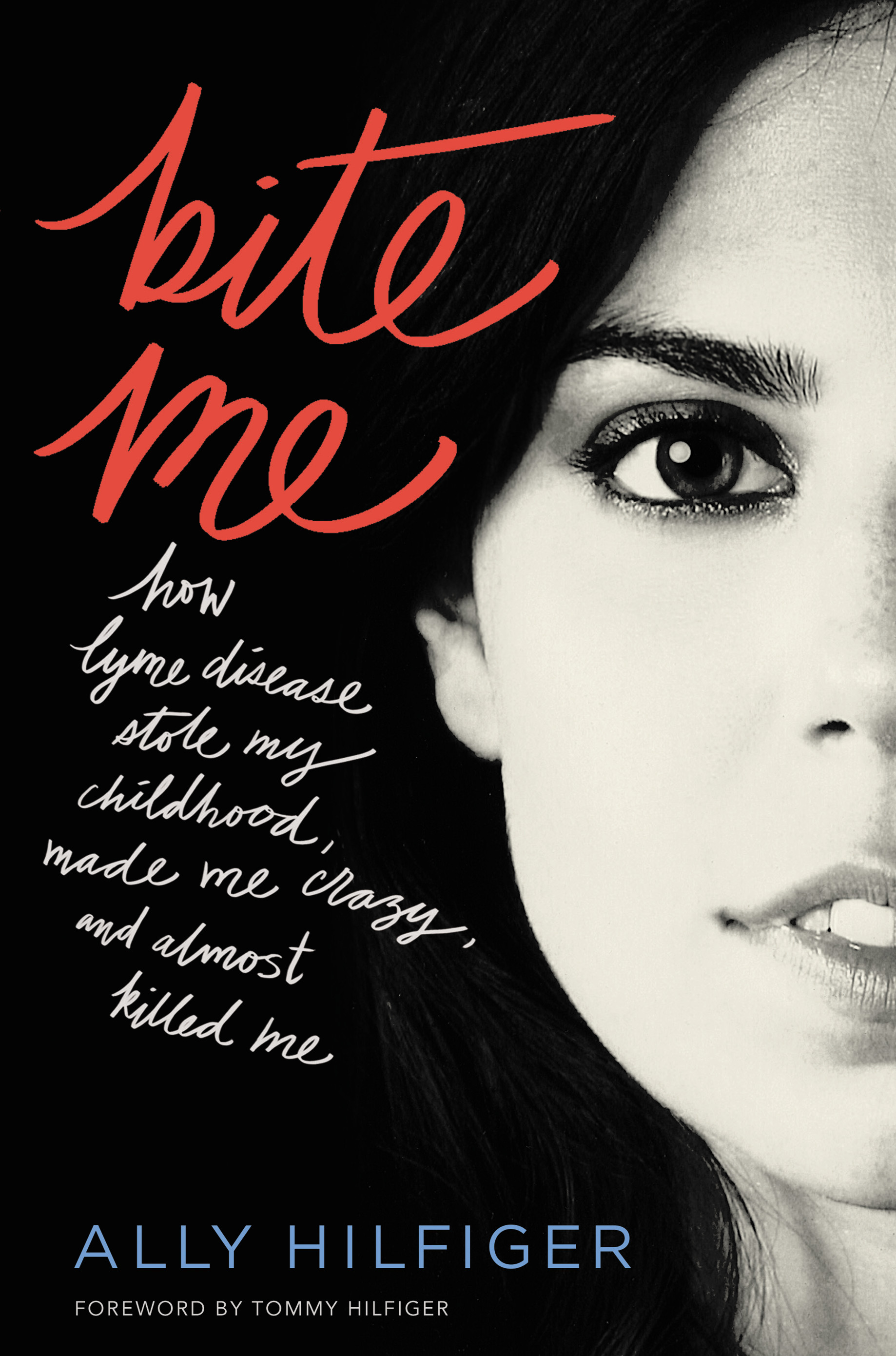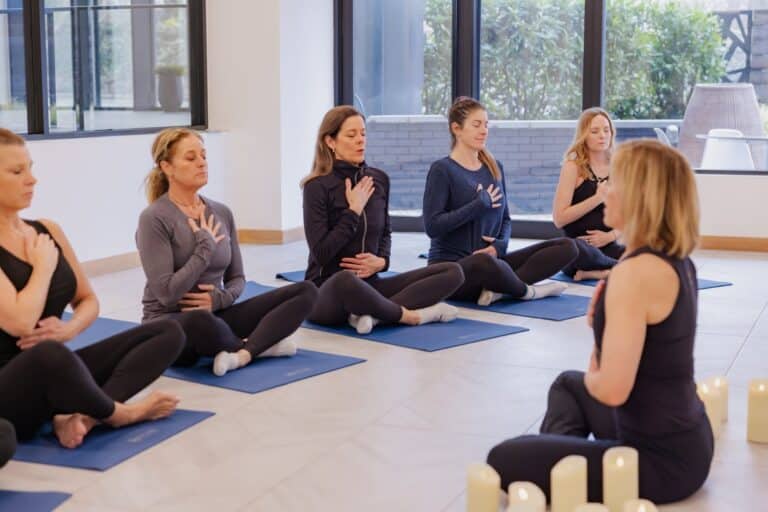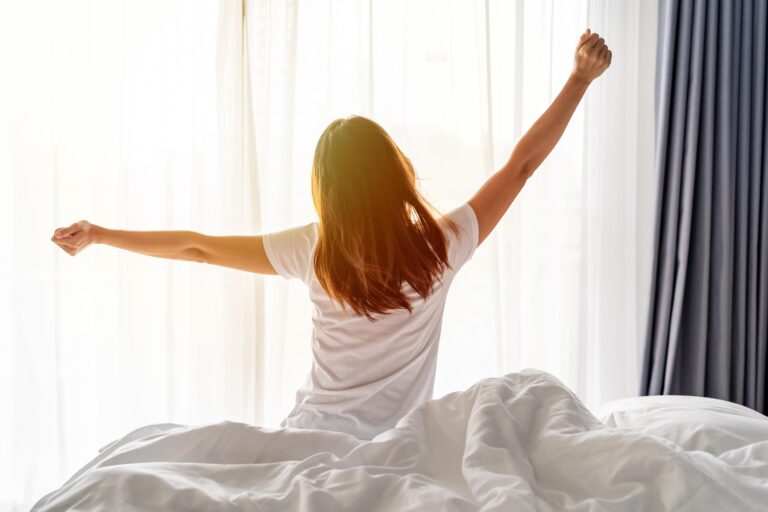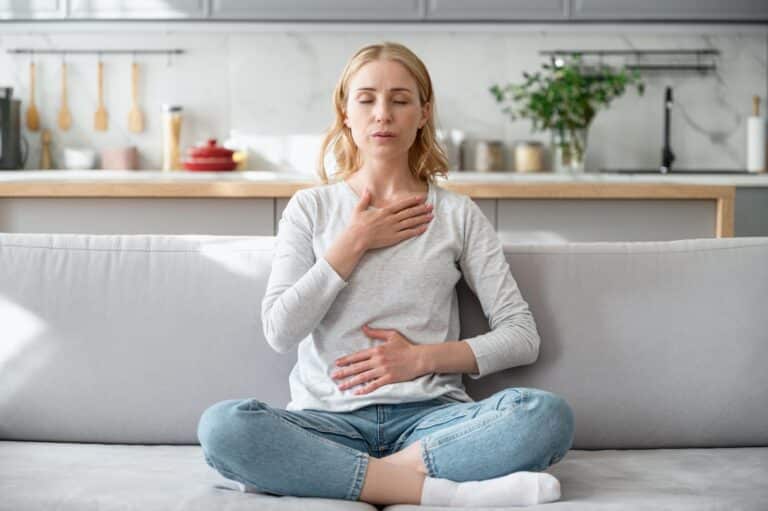The world first got to know Ally Hilfiger, daughter of fashion mogul (and Greenwich resident) Tommy Hilfiger, in 2003 when she starred on the hit MTV reality show Rich Girls. Featuring Ally and her then best friend Jaime Gleicher, the series was an inside glimpse of the teenagers’ seemingly fabulous (and luxurious) lives in New York City. But for a girl who appeared to “have it all” on the outside, Ally was crumbling on the inside. Suffering from physical symptoms that began at 7-years-old and that no doctor could diagnose, her constant pain, disorientation and discomfort was ruining her life and literally driving her crazy. It was when she was finally admitted into a psych ward at the age of 18 that she received the diagnosis that would change everything. She wasn’t crazy—she was suffering from Lyme Disease. Finally Ally could begin to heal—physically and spiritually—and is detailing her struggles in her new memoir, Bite Me: How Lyme Disease Stole My Childhood, Made Me Crazy, and Almost Killed Me. Today Ally is 31-years-old and happily living in LA with her boyfriend, music executive Steve Hash and their 15-month-old daughter Harley. We caught up with Ally to find out how her illness affected her relationship with her father, the “toolbox” she uses to get through the tough days and why she regrets nothing—not even having some of her darkest days play out for the MTV cameras.
Why did you decide to start writing? I’m a very creative person—writing, painting, cooking, and acting. Painting has always been a form of therapy for me and extremely important to me. I decided to write after I closed my clothing company. I was so frustrated with the constant Lyme relapses and I thought, “I’ve got to do something about this!” I decided to tell my story because I know a lot of other people out there who are suffering and maybe I could start to make a little bit of a difference in helping [them].

Did you know you were writing enough to fill a book? I wanted it to become a book. I wanted it to reach a lot of people who are also suffering and I also wanted to really spread some awareness about this disease that is not talked about. There is not a lot of awareness or education. The testing is very, very archaic and we need to come up with a different way to diagnose the disease, and so I thought maybe my story could sort of shake things up a little bit. And, what really happened during the writing process, was I had a clearer perspective on my story and my life that therapy could never really provide.
You talk a lot about your family—especially your mom and dad—and how they struggled to get you better. Do you think they heard your cries for help? Well, they did hear me for a lot of years. They brought me to a lot of doctors but we weren’t getting answers. I was working a lot so I just brushed it aside and they followed my lead. And then it was like, ‘Wow!’ Something was really really wrong and because they were paying attention, they were very helpful and then it just got worse than we ever expected.
What were the types of diagnoses you were getting? I had a really incredible British doctor once say to me, ‘Your intuition is always the best doctor in the room.’ He was right because every time, they’d say it was MS or fibromyalgia. Actually, when they diagnosed it as fibromyalgia, the symptoms mirrored what I was feeling so closely, it was the closest that I ever felt to it being correct. But, it’s scary when you’re diagnosed with things that are life-threatening and [then] the treatments don’t work and you’re thinking, ‘Oh my gosh, I’m going to have a much shorter life than I expected.’ Of course Lyme Disease can also be very life-threatening as well, if you have a weakened immune system or you’ve become suicidal or anything like that.
And while you were struggling and not getting answers, you lived what appeared to be a very normal life—even pitching and selling your reality show Rich Girls to MTV. How were you able to push through? This is very interesting…I’m really glad you’re bringing this up because this is one of the things that is the most complicated, bizarre things about this damned disease. One day you could be the sharpest tool in the shed and just be on it—clear and energized and your memory works well, your visions are clear, everything is strong and healthy. And then the other moment, or the next day, you just shut down and cannot function. It is so bizarre and on top of that you look fine; you look like a normal person. You don’t look like death but you feel like it inside. I was able to push myself through and the days that I wasn’t, I kept very private.
What do you think when you look back at old episodes of Rich Girls and see yourself on a bad day? I was just so beyond exhausted and I just, was like, lazy. The way that I spoke was lazy, my brain wasn’t making sense, words weren’t coming out correctly, sentences weren’t coming out correctly. I was pushing myself so hard and it was scary to watch. I had no idea I was sick. And when I look back at it now, I’m like, ‘Oh my god, that poor teenager is so sick” and that teenager is me.
What would you say now to your 17-year-old self? I would say, ‘Sweetheart, let’s just take a step back and cancel everything and take care of ourself, and then we’ll approach this at a later date. Let’s take a nap and let’s get you a little healthy before we go on camera.’
Have you ever sat down with anyone you worked on the show with—like your co-star Jaime Gleicher—and explain what was going on when you were filming? Jamie and I reconnected after years of not seeing each other and she is doing very very well; she is on avid Soul Cycle activist and helps teenagers with their issues. She’s a great girl and she is very supportive and I tell her ‘You need to write a book now.’ I’m sure she’ll have a lot to tell.
Your issues became so overwhelming that your father admitted you into a psychiatric hospital. Do you consider that a low point? No, it was a turning point. It was an extremely scary, low point in the moment—some of the darkest months of my life—but ultimately it was a turning point. I’m very grateful that it happened because I wouldn’t have come to the bottom and gotten answers. Who knows what would have happened, because a psychiatrist there saved my life by sending me to the right doctor to get the right diagnosis. And, I saved my own life by not giving up.

What was your relationship with your parents like afterwards? My father and I have always been extremely close and that relationship didn’t shift. I mean, listen, I was like, ‘Oh my god—what the hell is going on? This is scary and crazy and where am I?’ Then after a few weeks, I saw the tears in his eyes, I saw him, as this scared parent, and father. I knew that he was doing this out of love and I really, really trusted him; I trusted him implicitly. When he said, ‘Sweetheart, you just need to trust me. Please, we need to just clear you up and figure out what’s going on’…I hung onto that. He gave me that strength and said, ‘This too will pass, this too will pass, it will.’ So, he really did offer me that strength and so did my mother. My mother came to see me every single day and brought me things that made me feel more comfortable and stronger like a little red coral Buddha that I [kept] with me. My parents are really unbelievable and I think they were so scared. It humanized them for me. And, when you have parents and you’re a teenager, you don’t really look at them as fellow human beings. That was the first time I really saw them as people who had gone through their own hardships. They showed me their own strength and I think that their strength gave me my strength and I hope that I pass that down to my little girl.
How has it been watching your parents become grandparents? They’re kind of obsessed with her. It’s so funny, they FaceTime me like three times a day; they can’t get enough of Harley. They just love this little baby girl; she’s just surrounded by love.
Did you have any fears when you were pregnant about how your illness would affect you and your daughter? When I found out that I was pregnant, I kind of freaked out. I went to every doctor and got checked and tested and they said that I was good to go. I was so relieved but still nervous because [preparing for] motherhood you don’t really sleep, do you? So, I was nervous and I had a lot of emotional moments worrying [about] whether I would crash when the baby came. One of my biggest fears was not being able to be a strong and healthy mother.

You mention in the book that you have a toolbox that you use to help you stay healthy and focused. What’s in it? Everybody needs this—it’s not just for people who are sick or have a chronic disease or Lyme Disease. Every person needs to have their tool box and you accumulate little tools along the way…I learned some great recipes that help me feel better. I have some funny movies that make me laugh and make me happy. I have wonderful baths that I take after I travel. I have essential oils that I use. I have support systems. I have a healer that helps me and doctors that help me and friends that help and support me and put things into prospective. I have writing exercises, creative activities. It’s anything to support and help you through a difficult time and it doesn’t need to be a dramatically difficult time. You could just be having, like, not a great day and have that tool box at any moment to go into and say, ’Okay, I’m going to call this friend who really makes me feel better when I get into a fight with my husband.’ It’s so important for people to really accumulate and understand what their own tools are—my tools might be different from yours—so we’re able to access them.
What do you want people to know about where you’re at today with your illness and recovery? I’m not a super human or poster child or any sort of perfect Guru. I’m just a girl who got sick and tried to get better, has a wonderful partner and boyfriend, who has a child, who’s trying her best. We’re all trying our best—everybody is going to fall down, everybody is going to make mistakes, everybody is not going to have perfect days, everybody is going to feel crappy about themselves and we’re all doing our best. Our parents do their best, our friends are doing their best, everybody is just trying to get through life the best they can. I’m really lucky to be surrounded by a lot of people who are very loving and I think that love—at the end of the day—heals everything.
Headshot & Book: Douglas Friedman/ Book: Hachette Book Group





